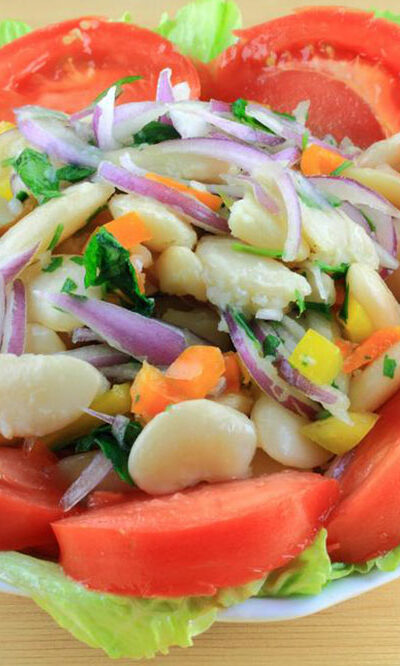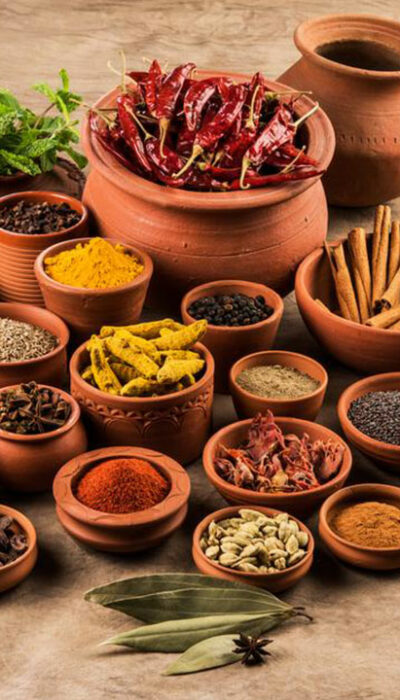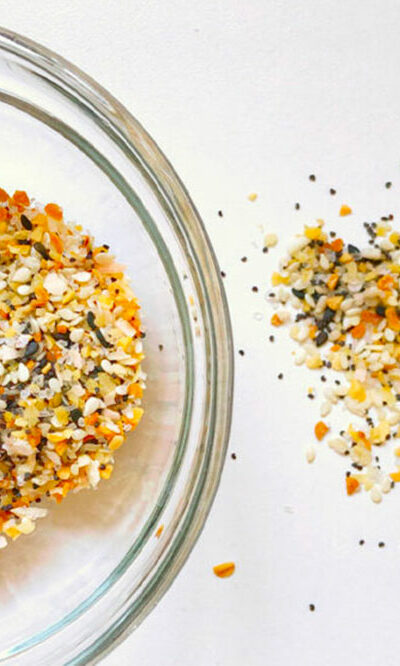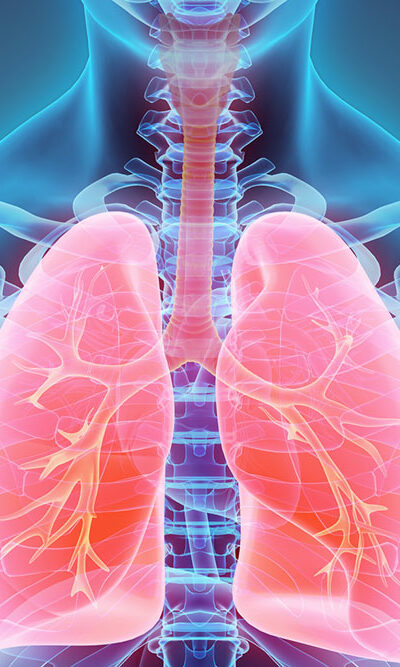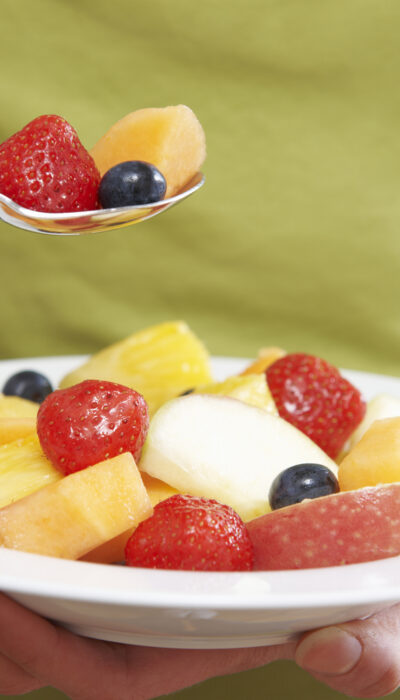
Food and snack options to deal with IBS
When the normal functions of the large intestine (colon) are disturbed and one experiences crampy abdominal pain, bloating, and constipation or diarrhea, it is due to Irritable Bowel Syndrome (IBS). When one has IBS, the pattern of bowel movements might change over time, that is, bowel movements may occur either more often (diarrhea) or less often (constipation) than usual, like having more than three bowel movements in a day or less than three in a week. Also, the feces may vary in size and consistency; it may be hard, pencil thin, or loose and watery. The exact cause of IBS is not yet known, but factors like bacterial infections, food allergies, and lifestyle patterns play an important role in the development of the condition. Here’s a list of food and snacks that can help one with IBS: Lactose-free dairy products : The natural sugar found in milk is known as lactose. People having IBS show signs of intolerance to lactose, so they should avoid milk and dairy products. The consumption of milk products can be replaced with foods that are lactose free like oat milk, soy milk, or rice milk, and normal cheese can be replaced with hard cheeses, and brie and camembert cheese. One should check for dairy products labeled as lactose-free products before consuming them. Vegetables : For a healthy and balanced diet, one should eat green vegetables. Cruciferous vegetables like cauliflower, cabbage, and broccoli cause abnormal bowel movements and should be avoided. Instead, vegetables like green beans, carrots, spinach, sweet potatoes, and squash should be included in the diet. One should also consume cooked vegetables rather than having them raw as it might disturb the bowel movements. Fruits : The fructose present in fruits can also trigger IBS, so one should avoid fruits that are high in fructose and consume fruits or snacks that help with IBS like bananas, blueberries, grapefruit, oranges, and strawberries, which have low fructose.
